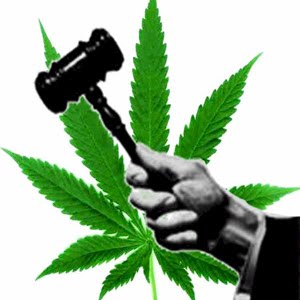http://techdirt.com/images/topic_journalism.gif A few weeks ago, we noted, with some disappointment, that the politicians who had been pushing for a much needed federal shield law for journalism, Senators Chuck Schumer and Dianne Feinstein, were taking the politically expedient route of adding a specific amendment designed to keep Wikileaks out of the bill's protections( http://www.techdirt.com/articles/20100804/10343410497.shtml ). Apparently, a bunch of newspaper folks have apparently stepped forward to support this move. Douglas Lee, at The First Amendment Center has an opinion piece calling those people out for sacrificing their overall principles just to get the shield law approved( http://www.firstamendmentcenter.org/commentary.aspx?id=23303 ). The whole thing is a great read, but a few key snippets: > > It doesn't seem all that long ago that representatives of the newspaper > > industry would have recoiled from working with Congress to deny legal > > protection to anyone who leaked confidential or classified documents. > > Today, however, they seem happy to be doing so. Lee the goes on to quote various industry reps distancing themselves from Wikileaks and putting it down as “not journalism.” He also quotes them admitting that they feel they have to throw Wikileaks under the bus, or the law won't get passed, and then calls them out on the impact of that decision, hinting at the fact that at least some of this might be due to traditional journalists simply not liking new upstarts that are changing the game — like Wikileaks. > > As comforting as it might be to “real” journalists to incorporate editorial > > oversight into a shield law and to use it to distinguish further between the > > “us” who are entitled to the law's protections and the “them” who are not, > > at least two dangers exist in that approach. > > First, does anyone — including the most mainstream of traditional journalists > > — really think it a good idea that Congress and judges define, analyze and > > evaluate what is appropriate “editorial oversight”? For decades, news > > organizations have struggled to resist those efforts in libel cases and, > > so far, those struggles have succeeded. If those same organizations > > now invite legislators and judges into their newsrooms to see how worthy > > their reporters are of protection under a shield law, they shouldn't be > > surprised if the legislators and judges decide to stay. > > Second, is the free flow of information really served if the act's protections > > are denied to those who don't have or practice editorial oversight? > > As Schumer acknowledged in his statement, the act already contains > > language that would limit or deny protection to those who provide or > > publish classified military secrets. Specifically exempting WikiLeaks and > > other organizations that might otherwise qualify for protection under the > > act in at least some cases seems designed not to enhance the free flow of > > information but to channel that information to mainstream sources. It is the nature of politics today to compromise principles to get things through, but this move certainly seems unfortunate — and one that I imagine many news organizations will regret down the road. added by: toyotabedzrock
Name That Celebrity Smile!
 Breaking Sports Video
Breaking Sports Video-
Hot Celebrities
-
Tags
api appid art bennyhollywood black celebrity gossip black celebrity news car celeb news Celebrity Gossip Celebrity News context detected Entertainment extraction Gossip Hollywood hollywood-news hollywood update House instagram invalid life live missing Mtv Music music-news national News news article news update Nsfw online Photos Pictures Sex show stars time TMZ update video Videos white Yahoo



























